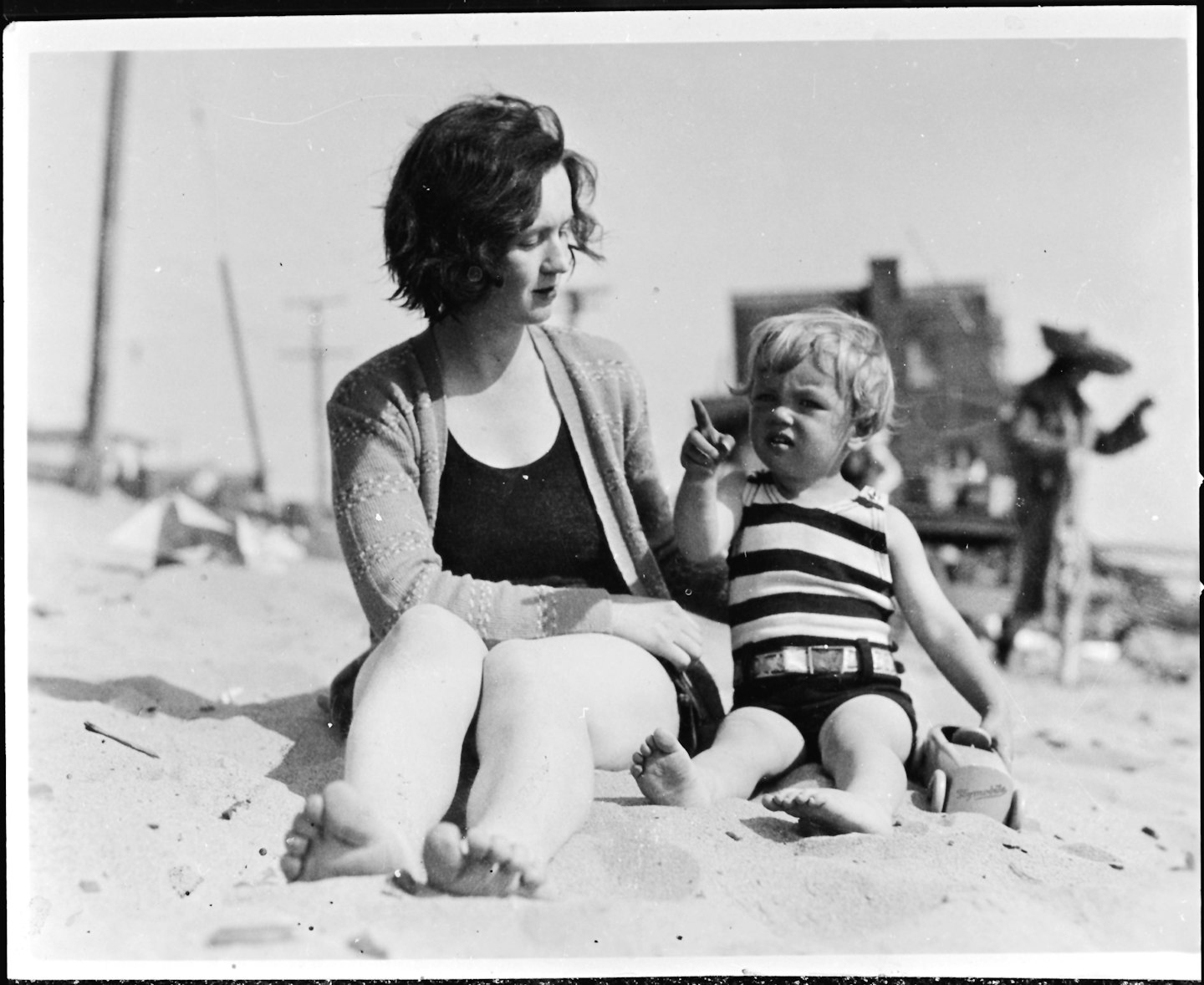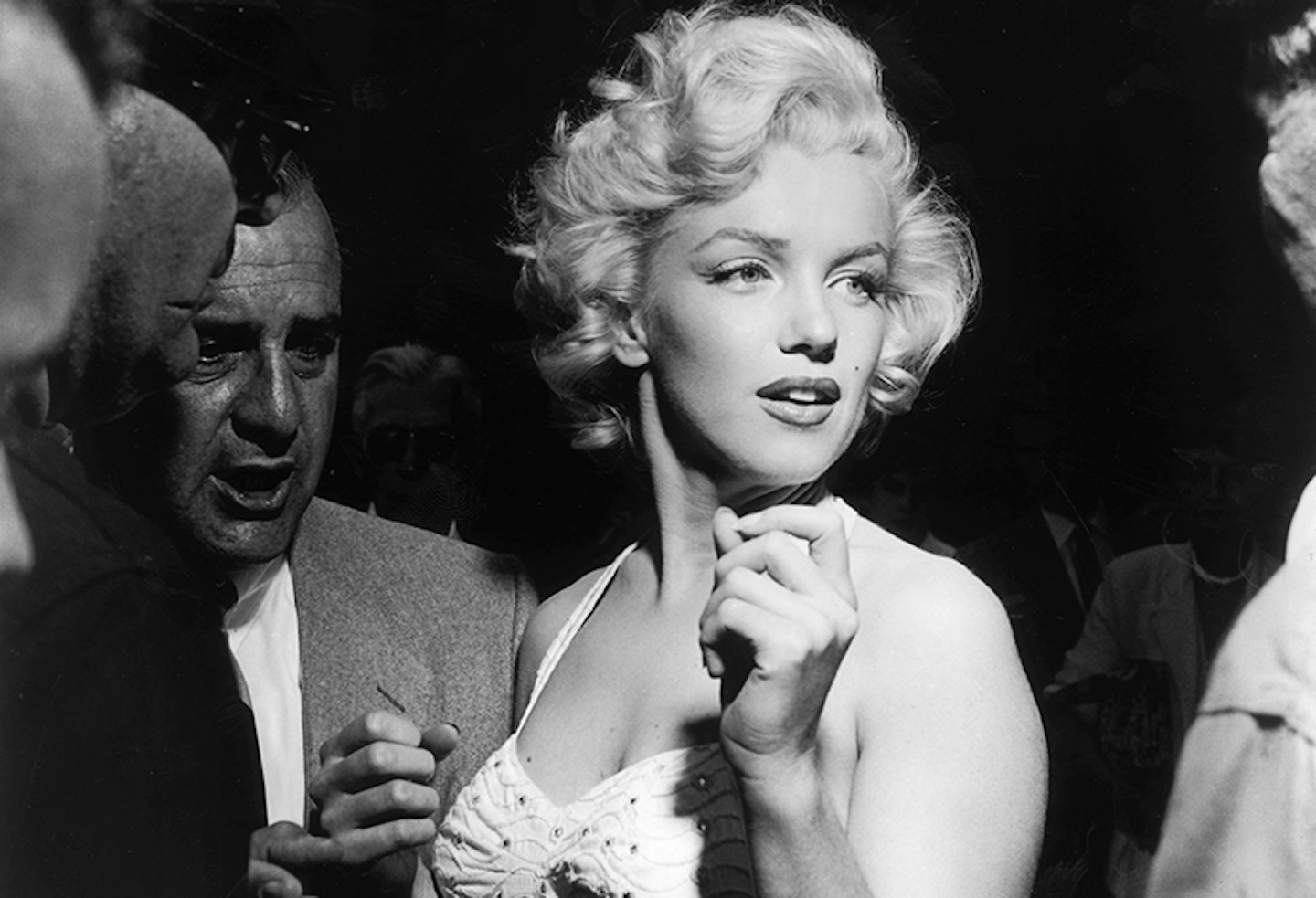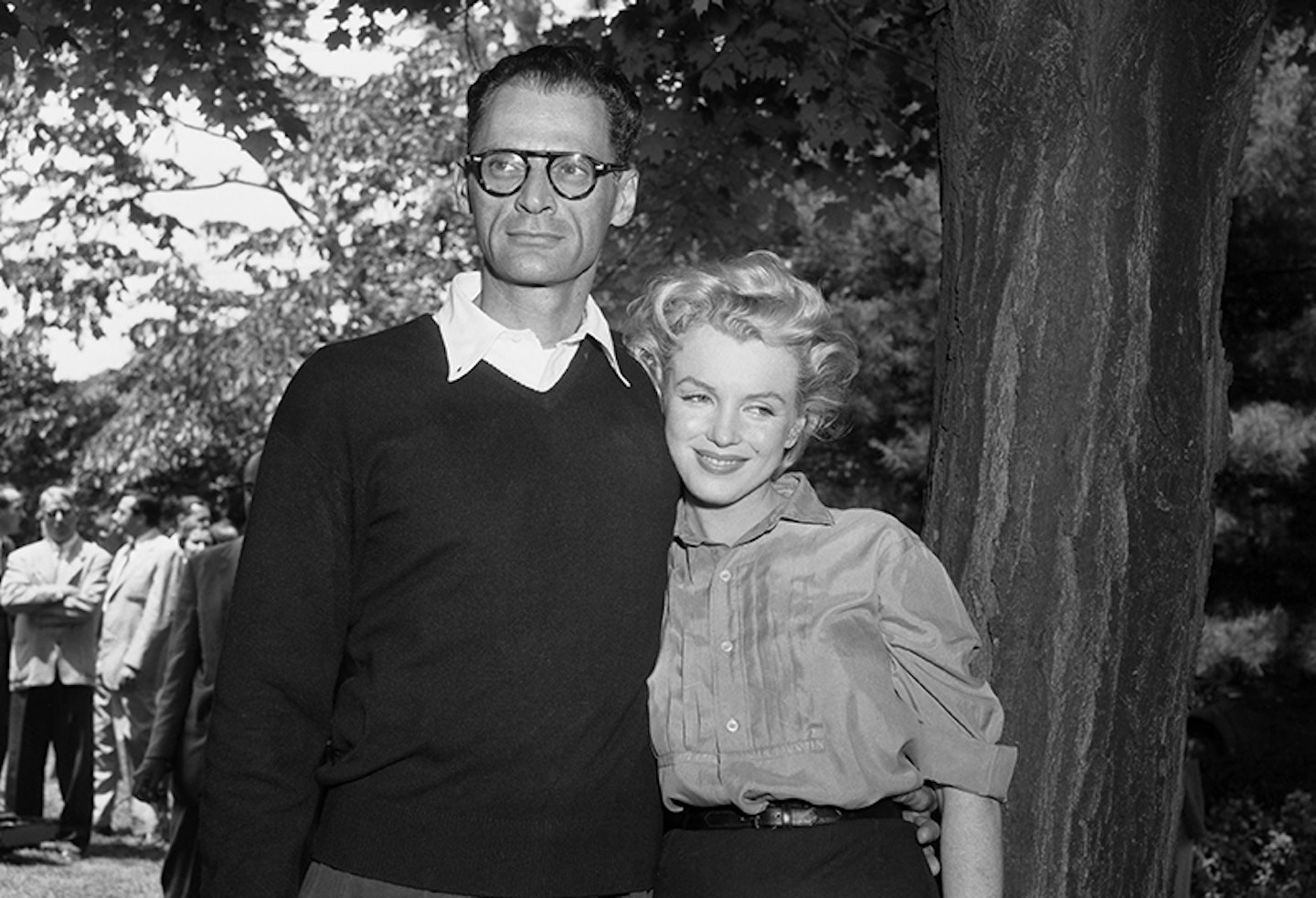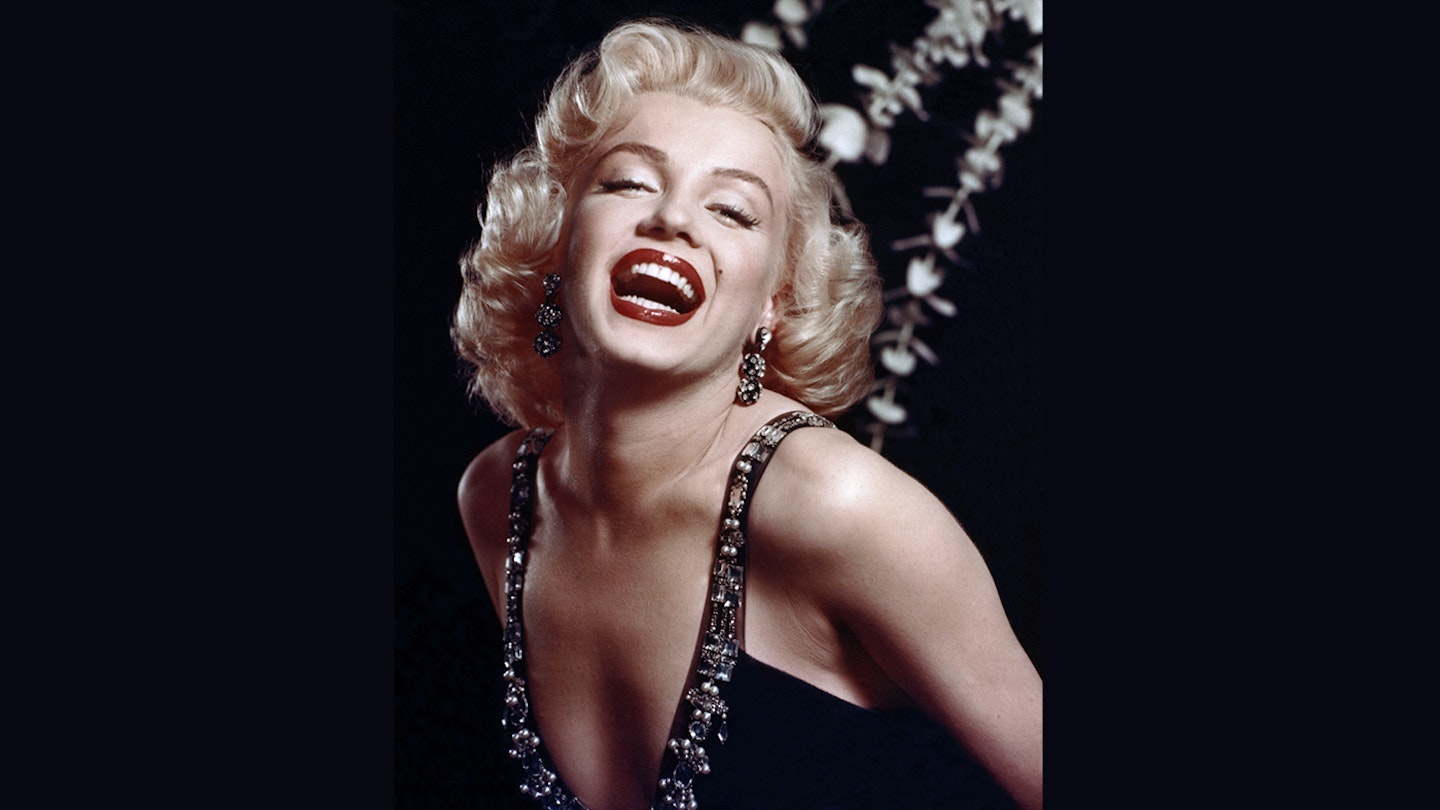"Why do you think Marilyn Monroe is still so famous today?" is one of the most popular questions asked and yet it still remains one of the hardest to answer. Some may say it is because of the mystery surrounding her death. Others would declare it’s a result of her glamour, beauty and Marilyn's famous dresses. But perhaps the closest we’ll get to the truth, is the knowledge that Marilyn continues to inspire every one of us in very different – and often quite specific – ways.
She had a tough childhood
Marilyn’s early life was not an easy one. She was born to an absent father and a mother who had severe mental health problems, so she grew up in a series of foster homes and even an orphanage. She was often placed with friends of the family or relatives, but there was still a feeling of not quite fitting in, of being on the outskirts of the home, instead of within the bosom of the family.

Marilyn spoke of her sadness of being blamed for misdemeanours that she didn’t do, of trying to runaway from home, and witnessing other children receive beautiful gifts at Christmas, while she wasgifted a cheap nail set. At some time in our lives, most of us have felt as thoughwe have been left out at home or in social circles, so Marilyn’s early feelings arerelatable, whatever our own,personal circumstances.
Marilyn had to start from the bottom
Knowing that Marilyn came from such humble beginnings and yet became the most famous woman in the world is inspiring to many young people who are trying to do the same. Marilyn was not an overnight success. She was ‘discovered’while working in a wartime factory, but while photographers were quick to use her, there were many times when Marilyn faced rejection because editors thought her hair wasn’t light enough, or was too curly or unruly. She took the criticism and carried on, because she was so determined that one day, she’d become a success.
No dumb blonde
When she moved into a film career, the rejections continued. Marilyn was often passed over for serious roles by male executives or producers, simply because they were more comfortable with her being a glamorous pin-up, playing a dumb-blonde role. Marilyn was often frustrated with the fluffy parts she was contracted to play, especially when the studio would refuse to even send her a script to approve. She did turn up for some films that she didn’t particularly like, such as River of No Return (1954), but others she refused on principle, which led to her being suspended. Her rebellious spirit, however, meant that she didn’t particularly care.

She persevered with carving out a career she could be proud of, and in the mid-Fifties walked out on her contract with Twentieth Century Fox and created her own film company. The objective was to make good movies for herself, and hopefully entice Fox to sign her to a better contract. Marilyn’s plan worked, and she found herself back at the studio with much better terms, such as being able to choose her own directors.
Like many of us today, Marilyn too struggled with her mental health and spoke openly about it
She struggled publicly with anxiety, depression and nerves, and spoke openly about her troubles. Knowing that Marilyn suffered frailties and human weaknesses makes our own experiences less lonely, as though we have someone who can relate to our plight, all these years later.
As well as mental health problems, Marilyn also struggled with physical ailments. She suffered with endometriosis – a condition where menstrual blood develops outside the uterus – and this led to various surgeries throughout her life. There was also a stay in hospital for appendicitis, a gall bladder removal, and various other procedures. She struggled to have children, had two painful miscarriages and then invasive (and unsuccessful) surgery to further her chances of becoming a mother.
Like most of us, Marilyn’s love life was never straightforward
Aged 16, young Norma Jeane was encouraged to marry the boy next door, because her foster parents were moving out of state and were unable to take her with them. The marriage was ultimately one of convenience, however, and as soon as her modelling career took off, so did Norma Jeane/Marilyn.
Her next marriage was to baseball star Joe DiMaggio in 1954, but although the couple loved each other, the tumultuous marriage proved that they were better friends than partners. Rumours abounded that DiMaggio was jealous, bad-tempered and objected bitterly to the skirt-blowing scene in The Seven Year Itch (1955). They divorced after just nine months of marriage.

Playwright Arthur Miller was much calmer than Joe DiMaggio, but when he and Marilyn married in 1956, the couple faced raised eyebrows and sniggers. Miller was seen as an intellectual, a man of many words on paper, but few out loud. He was quiet, thoughtful and private, but Marilyn’s fame ensured that, forever more, he’d live in the public spotlight. The couple were ridiculed, and Marilyn was warned that Miller’s political problems could derail her career forever. She didn’t care. To Marilyn, the love of her husband meant more than any career, and the marriage – although ultimately broken – became her longest. They divorced in 1961. In spite of past disappointments, Marilyn never gave up on her pursuit of love, and maybe we should do the same.
The verdict?
Marilyn’s death at the age of just 36 is poignant and brings into play our interpretations of what could have been, had she lived into middle-age. Perhaps she could have been a successful film director, winning Oscars for a later career spent behind the camera. She may have been an enigmatic theatre actress, taking inspiration from the greats, and pouring her heart into roles she only dreamt about when she was young. She could have even been a stay-at- home mum, happy with her brood of children and madly in love with her husband. We will never know what turn Marilyn’s life could have taken, but this mystery continues to add to her legacy and the age-old appeal of what if?
And so – once again – we return to the query: ‘Why do you think Marilyn Monroe is still famous today?’ This question is as mysterious as Marilyn’s life itself, and will likely never be answered unequivocally. And perhaps – after all this time – that is OK.
